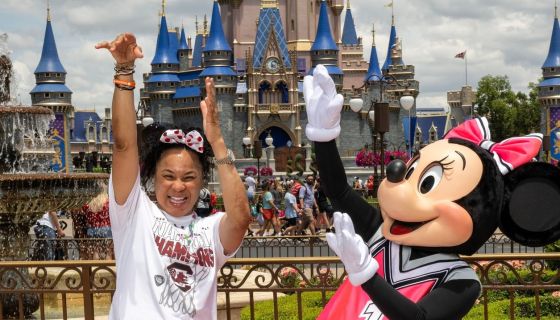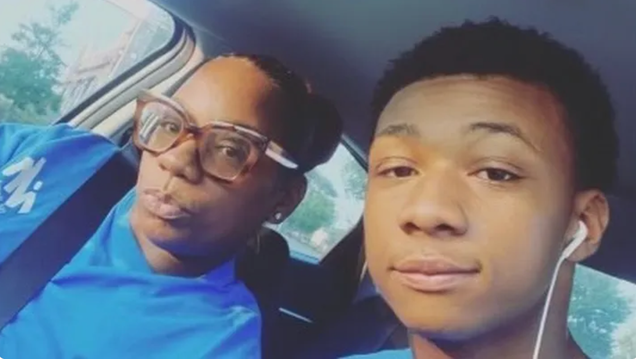In the annals of invention and innovation, there are countless names that immediately jump off the page. Edison, Bell, Jobs, Musk – they’re the marquee names, the ones that have become synonymous with their groundbreaking creations. But what about the names that are missing from this list? The hidden heroes whose inventions have been overshadowed, yet are all around us, touching our daily lives in ways that go unnoticed? Today, we’re going to bring them into the spotlight.
The remarkable women we’re highlighting are not just inventors, but Black female inventors. Women who, despite the challenges posed by a society that often undervalued their contributions, went on to create something extraordinary and changed America in the process.
One such pioneer is Dr. Patricia Bath, an ophthalmologist and laser scientist who made history in 1988. She became the first African American woman to receive a patent for a medical invention – the Laserphaco Probe. This groundbreaking device revolutionized cataract surgery, and has since restored the sight of countless people around the world.
Then there’s Sarah Goode, a name that isn't immediately recognizable, but her invention is found in homes across America. In 1885, Goode became the first African American woman to receive a patent in the United States for her invention of the folding cabinet bed, a precursor to the modern-day Murphy bed. In an era when space was a luxury, her invention brought functionality and practicality to compact living spaces.
And we can’t forget Alice Parker. In the harsh winter of 1919, she patented an invention that's kept us warm ever since: a gas-powered central heating furnace. Her design was a significant improvement on the coal stoves of her day, and set the groundwork for the central heating systems we know and rely on today.
These are just a few examples of the hidden heroes whose inventions have shaped our world. Their stories remind us that innovation is not the exclusive province of the few, but the collective heritage of the many. Every invention, no matter how big or small, is a testament to human creativity and ingenuity. And every inventor, regardless of their background or circumstance, has the potential to change the world.
In closing, let's remember to celebrate not only the inventions, but also the inventors – the unsung heroes who, against all odds, dared to think differently, to challenge convention, and to create something new. Let's remember the Black female inventors who've changed America. They are, after all, our hidden heroes.


